Cases

ROBUSTOO
We aim to capitalise the results from previous EU projects that showed the applicability of three oxidative enzymes -unspecific peroxygenases (UPOs), laccases and hydroxymethylfurfural oxidases (HMFOs)- to provide novel and greener production of bio-based chemicals and materials. To exploit their full industrial potential, we will undertake the large-scale production of the recombinant enzymes and the development of new robust variants adapted to the demanding operating conditions.

BIONEER
The key aim of BIONEER is to broaden the range of biobased building blocks and platform molecules by demonstrating up-scale production of a range of novel molecules and polymers from lignocellulosic biomass. BIONEER thereby employs a unique combination of microbial and chemical production routes, with products suitable for application in the coatings and personal care sectors, while extending to the packaging sector in a zero-waste perspective.

REDYSIGN
This innovative initiative is a cutting-edge effort aimed at developing eco-friendly, recyclable packaging for fresh meat, combining sustainability with advanced technological innovations to enhance food safety and reduce waste.

EnXylaScope
With the growing demand for greener biobased consumer products, every fraction of biomass should be efficiently used and appropriately modified to obtain the desired properties. Enzymes are known for their selectivity and environment-friendly reactions and so can play important roles in broadening the scope of biobased consumer products.

ButaNext
The ButaNexT consortium is a multi-disciplinary team that aspires to optimise each stage of the biobutanol production value chain: biomass pre-treatment, fermentation, downstream processing and blending.
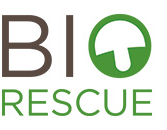
BIOrescue
BIOrescue aims to demonstrate and develop the concept of an integrated bio-production process based on the cascading use of SMS supplemented with wheat straw (WS) and other underutilised lignocellulosic feedstocks. When applied within a conventional mushroom production farm, this will turn it into an efficient and sustainable bio-refinery.
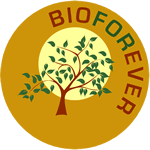
BIOFOREVER
BIOFOREVER (BIO-based products from FORestry via Economically Viable European Routes) is an European project to demonstrate the feasibility of conversion of lignocellulosic feedstocks like wood into chemical building blocks and high added value products.
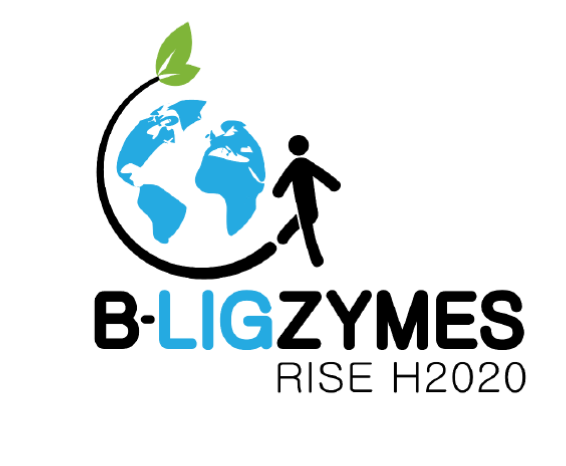
B-LigZymes
B-LigZymes is an international, interdisciplinary and intersectorial H2020 RISE project that directly addresses current limitations in lignin degradation by generating technological and economical solutions inspired by fundamental research.

Falcon
Falcon is a project funded by the EU that aims at turning the lignin-rich industrial waste stream from second generation biofuel plants into higher value products, such as marine fuels, fuel additives and chemical building blocks.

SWEETWOODS
SWEETWOODS is a 43-million-euro joint pilot project that was recently granted 21 million euros in funding under the EU’s Horizon 2020 programme’s Bio-Based Industries financial instrument. Horizon 2020 is the biggest research and innovation programme in the world, supporting the development and introduction of new technologies.

WoodZymes
Within this project, eleven participants from four European countries join efforts to develop and provide the wood industries with “WOOD transforming enZYMES” able to work under extreme operation conditions (i.e. extremozymes).

UNRAVEL
Over the next four years the European UNRAVEL project will demonstrate a sustainable and economically feasible biorefinery for the conversion of second generation biomass into fuels, chemicals and building materials.
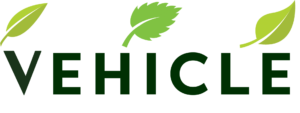
VEHICLE
VEHICLE Project is a Bio Based Industries Joint Undertaking (BBI JU) under the European Union’s Horizon 2020 research and innovation program.

APEX
Within this APEX (Advanced Process Economics through Oxidoreductases) project, MetZyme® is going to be brought to industrial production for market demonstration at commercial scale within two target industries: P&P mills and biorefinery pilots.
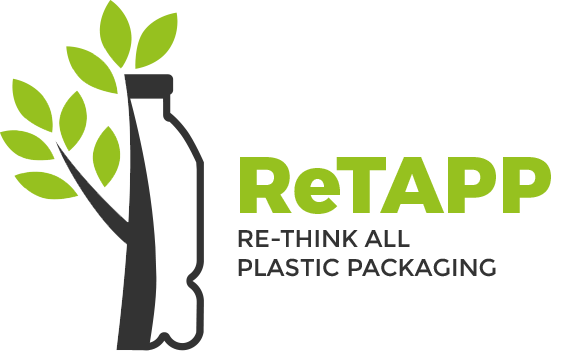
ReTAPP
The main objectives of the ReTAPP project are to demonstrate the production of fructose from wood-based feedstock and to prepare the whole value chain for the market introduction of PEF resin using this fructose. The processes will be optimised and demonstrated by the three consortium partners: SEKAB, a technology provider for the wood-to-sugars technology; Avantium, world leader in the production of PEF; and MetGen, which provides the enzymes to make the processes more economically and environmentally sustainable.
